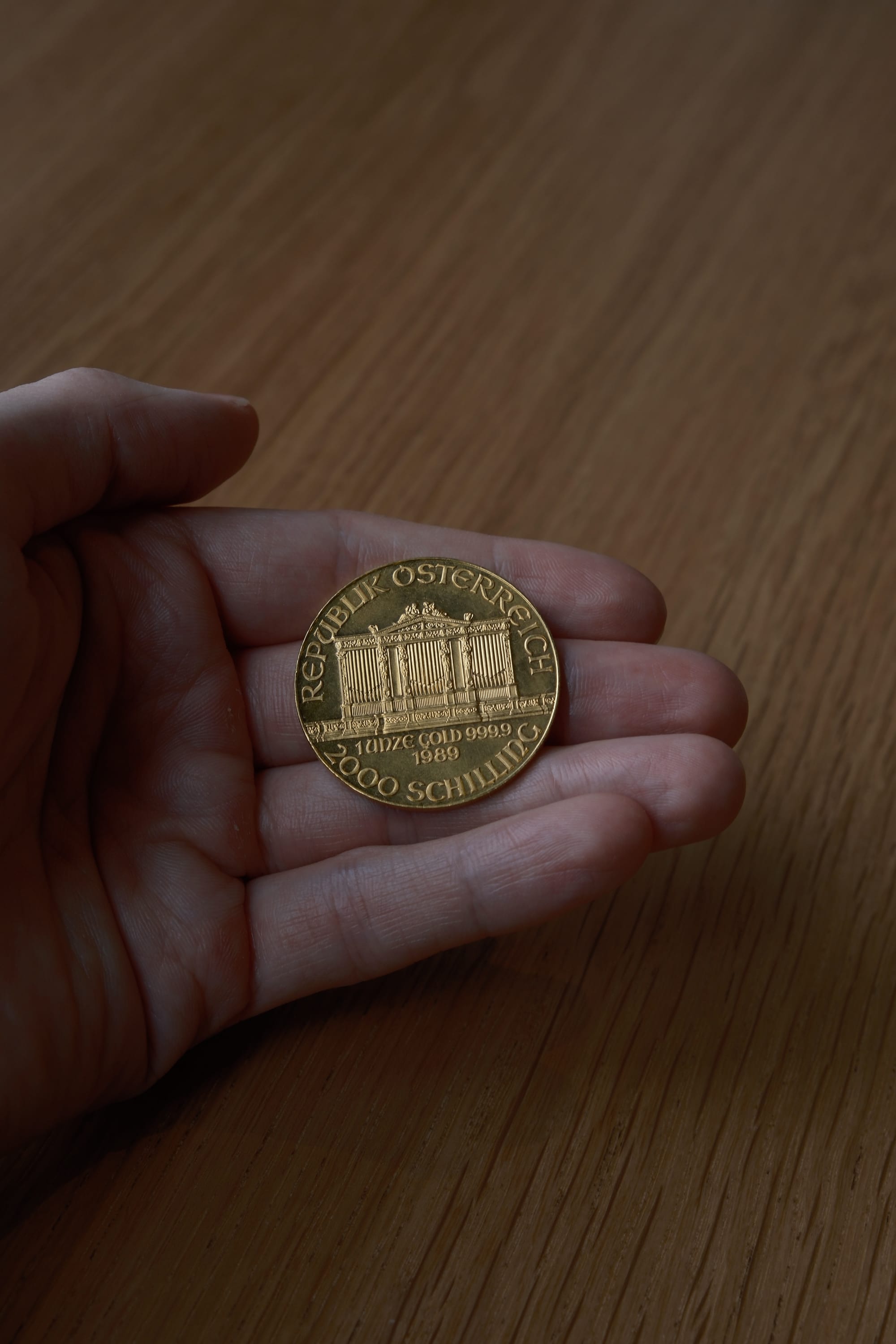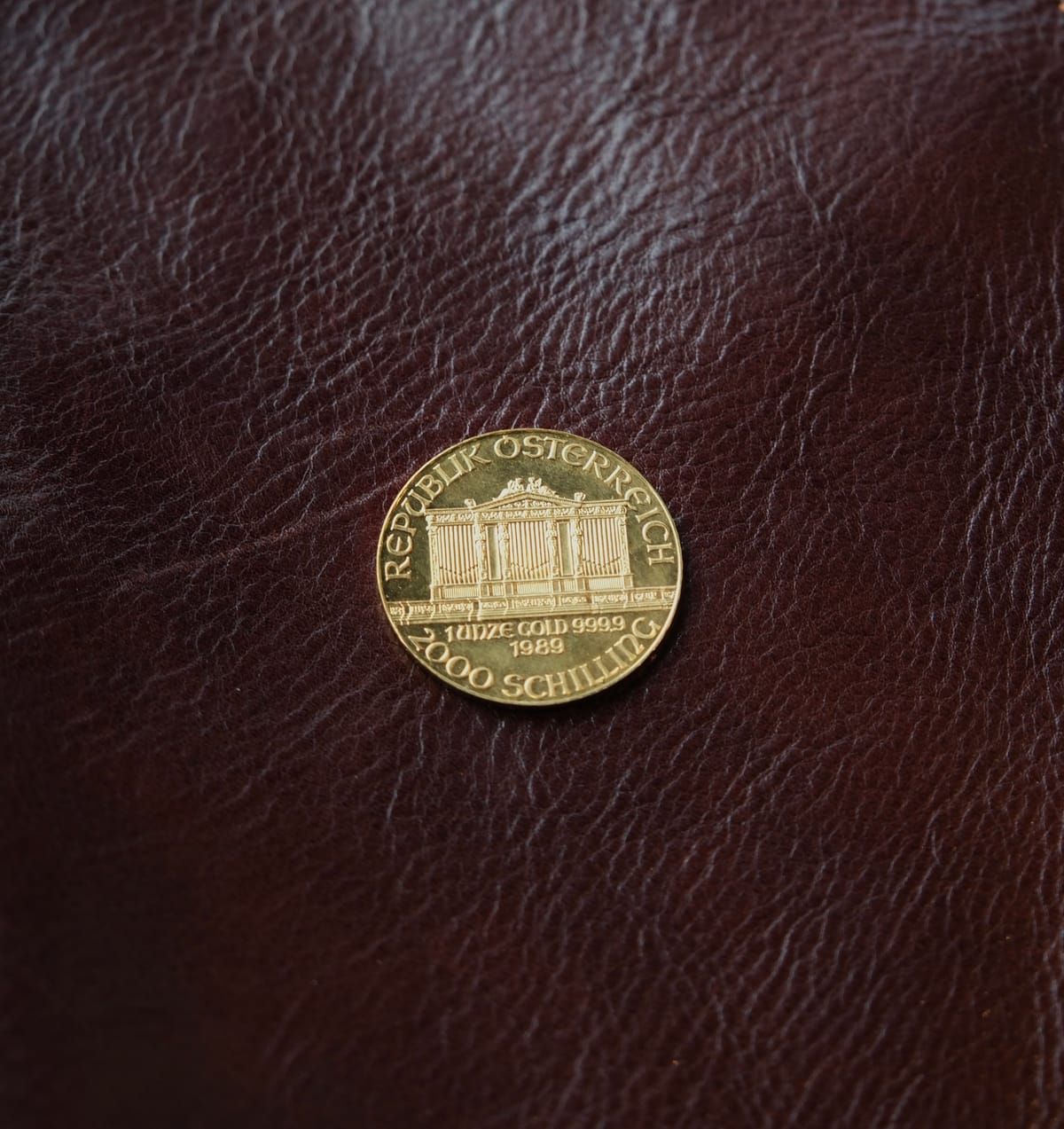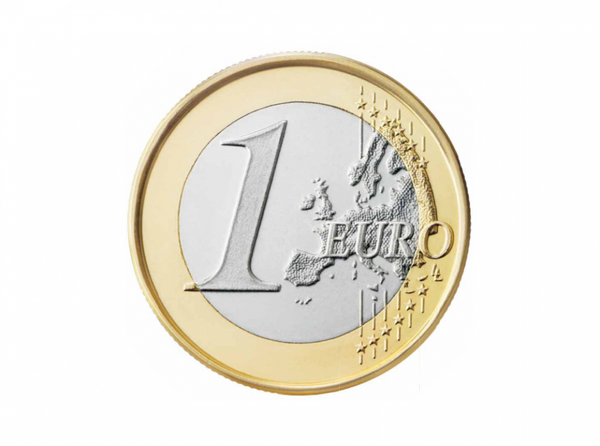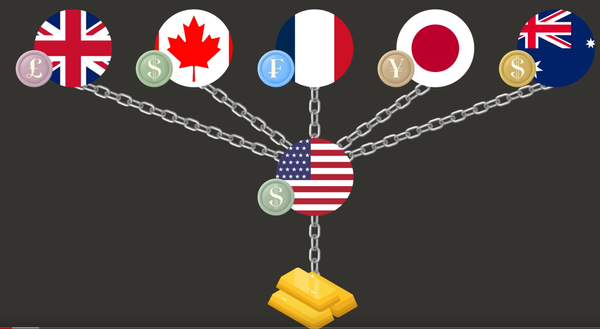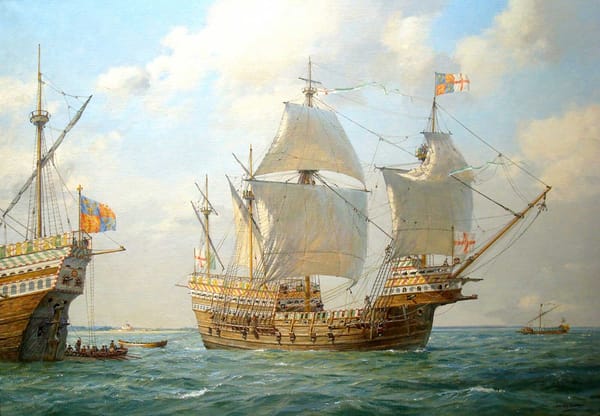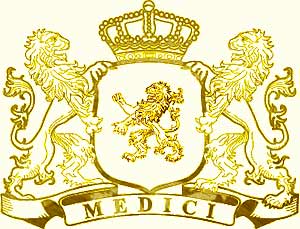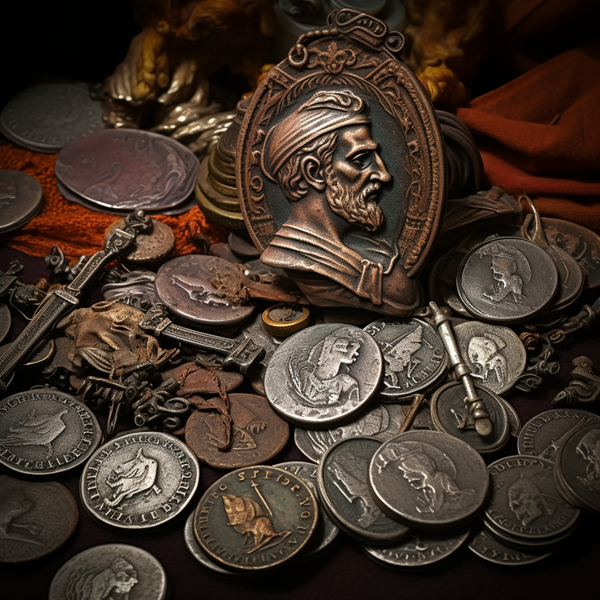I live 80km from Vienna, in Bratislava, which was previously called Pressburg during the golden years of the Habsburg empire. An era of legendary Empress Sisi and majestic architecture! You know, the good old days, unless you were a peasant.
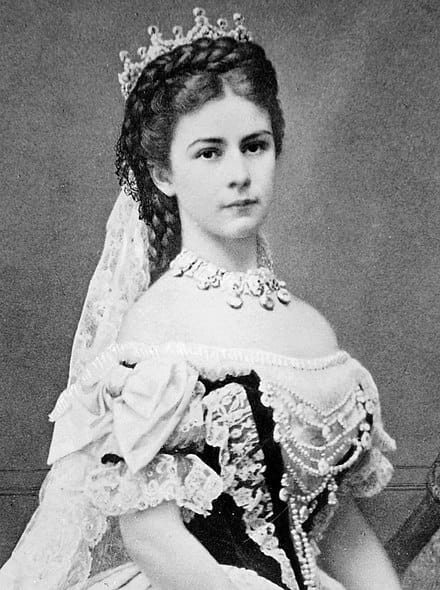
Since I just bought an Austrian's Wiener Philharmoniker gold coin, let's take a brief look at the currencies used in this territory over the past 150 years:
| Currency | When | Why it happened |
|---|---|---|
| Austrian Gulden (Florin) | 1754–1892 | It circulated during the House of Habsburg’s rule, an era of imperial expansion and reform. It was introduced to unify various regional currencies under one standard. |
| Austro-Hungarian Krone | 1892–1918 | It was used throughout the Austro-Hungarian Empire’s late industrial era and up to WWI. It replaced the Gulden to standardize notes and coins under a modern gold-based system. |
| Austrian Krone | 1918–1924 | It was adopted in the immediate post-WWI era of the First Austrian Republic. It replaced the Austro-Hungarian Krone to reflect the new republic’s monetary autonomy. |
| First Austrian Schilling | 1924–1938 | It anchored Austria’s interwar period, boosting economic stability until the Anschluss. It was introduced to replace the hyperinflated Krone and restore confidence at home and abroad. |
| Reichsmark | 1938–1945 | It was imposed during WWII following Austria’s annexation by Nazi Germany. It replaced the Schilling to integrate Austria into the Reich’s monetary framework. |
| Allied Military Schilling | 1945–1947 | It characterized the immediate post-WWII occupation era under four-power control. It was introduced to stabilize the Austrian economy and replace the Reichsmark. |
| Second Austrian Schilling | 1947–2002 | It represented the era of postwar reconstruction and eventual economic growth. It was reintroduced to restore Austria’s monetary sovereignty after Allied occupation. |
| Euro | 2002–present | PREDICT YOUR REASON HERE. |
What do I predict will happen to euro?
The central banks behind mainstream monetary policy and the supporters of Keynesian macroeconomics target 2% inflation per year as a mechanism to stimulate the economy by encouraging entities to invest and engage in business activity to prevent deflation - a scenario where people delay spending as goods become cheaper over time, potentially slowing down the economy and innovation.
However, economists also debate whether this reasoning even holds in a world where human behavior is driven by emotions, desires, marketing, and the pursuit of instant gratification. Would a generation accustomed to on-demand consumption really defer spending?
Either way, as I explained in several previous posts on the history of #money - the government's controlled currency was/is/will be used to tax citizens and pay for its good-intended investments, social spending, or imperial ambitions.
EU has expensive energy, a non-existent military, a polarised society, an aging population, and an economically impossible net-zero dream. Even if the EU avoids war, prays to God, and the best-case scenario happens, the EU will still need €800 billion, or about 5 percent of the EU GDP to fund the identified investment gap according to the recent Draghi report.
Where do you think the EU politicians plan to get the funds from in the upcoming years? By cutting spending? Implementing efficient project management? Leveraging AI productivity?
By doing what they do best - further debasing the value of your bank account. There will be no vote.
So, why did I buy gold?
Because not a single government controls its supply. Every nation and every central bank is in a healthy competition to accumulate as much gold as possible for the last 6000 years. And maybe, just maybe, Bitcoin may become gold’s evolved, digital successor. We already see citizens and countries preparing for the race to stack satoshis.
If I could, I would expand The Book of Proverbs in the bible to teach the poor and middle class about financial literacy with a quatrain on money I personally composed for this post:
The kings are weak.
The institutions are greedy.
The politicians are incompetent.
But money that can’t be controlled will outlast them all.
Even if I am grateful for being a citizen of the European Union and I want it to succeed in its mission for unified, prosperous, and peaceful Europe, the reality is, that the financial world around euro is intentionally designed to loose purchasing power, and euro will be eventually replaced by yet another currency to perform the eternal task of “stabilizing the economy”.
The people living on the land of modern Austria have undergone eight currency transitions in just five generations!
So, when will be the last day I will purchase my morning cappuccino in euros? Or is, how much will cappuccino cost in 5 years a better question?
I don’t know. All I know is I am holding 2000 Schilling in the palm of my hand from 1989 when the ounce of gold was worth 380$, and today I bought it for 2876€. And because I can't resist the masculine urge to go one article without talking about The Holy Roman Empire, I feel obligated to point out they also stored their wealth in gold. As did Athens - the founding place of democracy - 3000 years ago!
